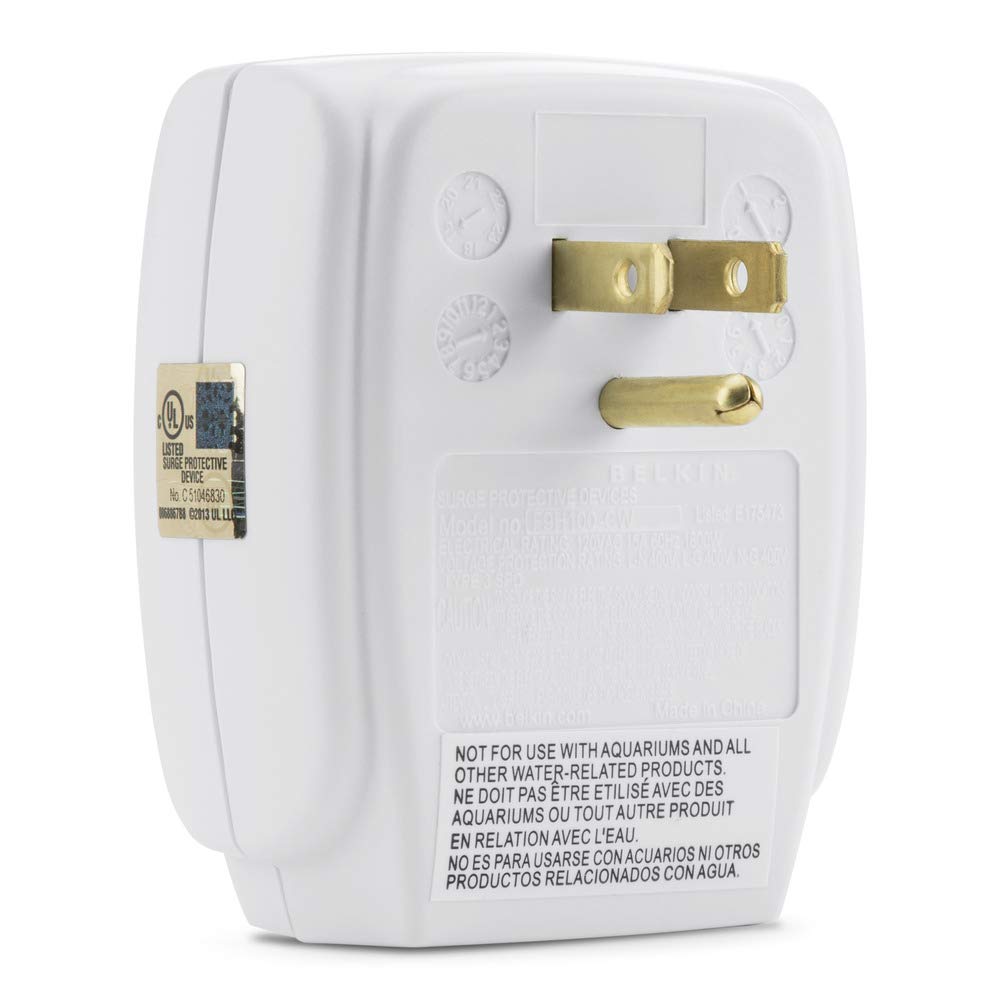Whatever you choose, the more joules it can absorb, the better. A second spec that can be important is the response rate. Some devices are rated to be able to dissipate thousands of joules and respond in nanoseconds.
There can be more than one source of surges in a home. Usually, the more damaging ones come from outside, often triggered by lightning. But, large motors/pumps, etc. in the home can also be sources of disruptions on your power lines.
Think of the solid state devices like what happens when chopping down a tree with an axe...you don't fell the tree with one chop, it takes multiple ones. So, those spikes and surges may not take out things on the first time, or the twentieth, but over time, or if large enough, will eventually. Thus, for best protection, one on the main panel, and others on high-value, or critical systems can be useful. In addition to the one I have on my main panel, I also have some protection on my TV, stereo, AV equipment, and computer. Maybe overkill, but IMHO, worth it. Before I put one in my mother's house, she lost her microwave and refrigerator with the same nearby lightning strike. Her AV stuff was on a surge protector as was her computer, so they did not see any effects (at least for the next few years).


